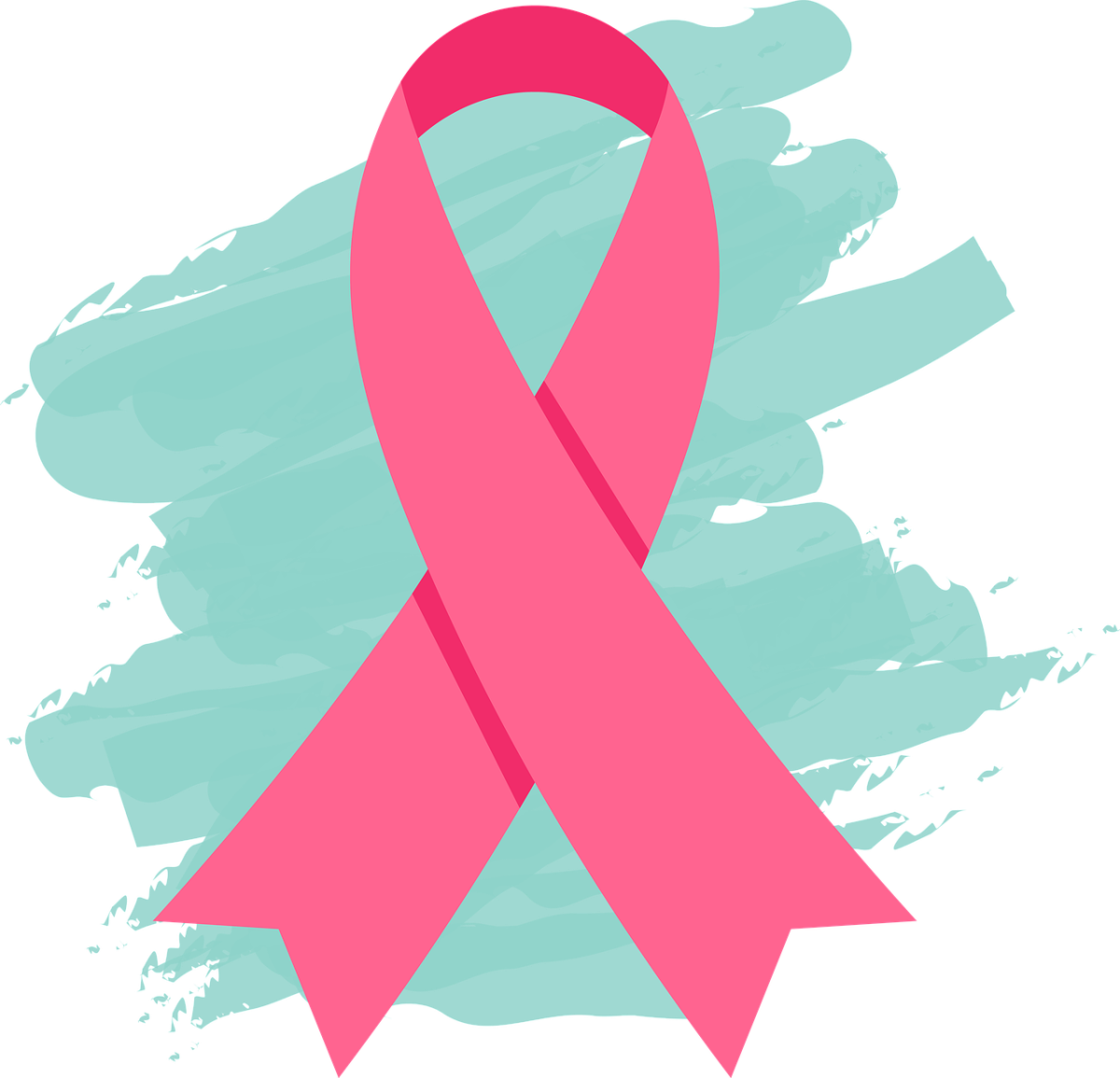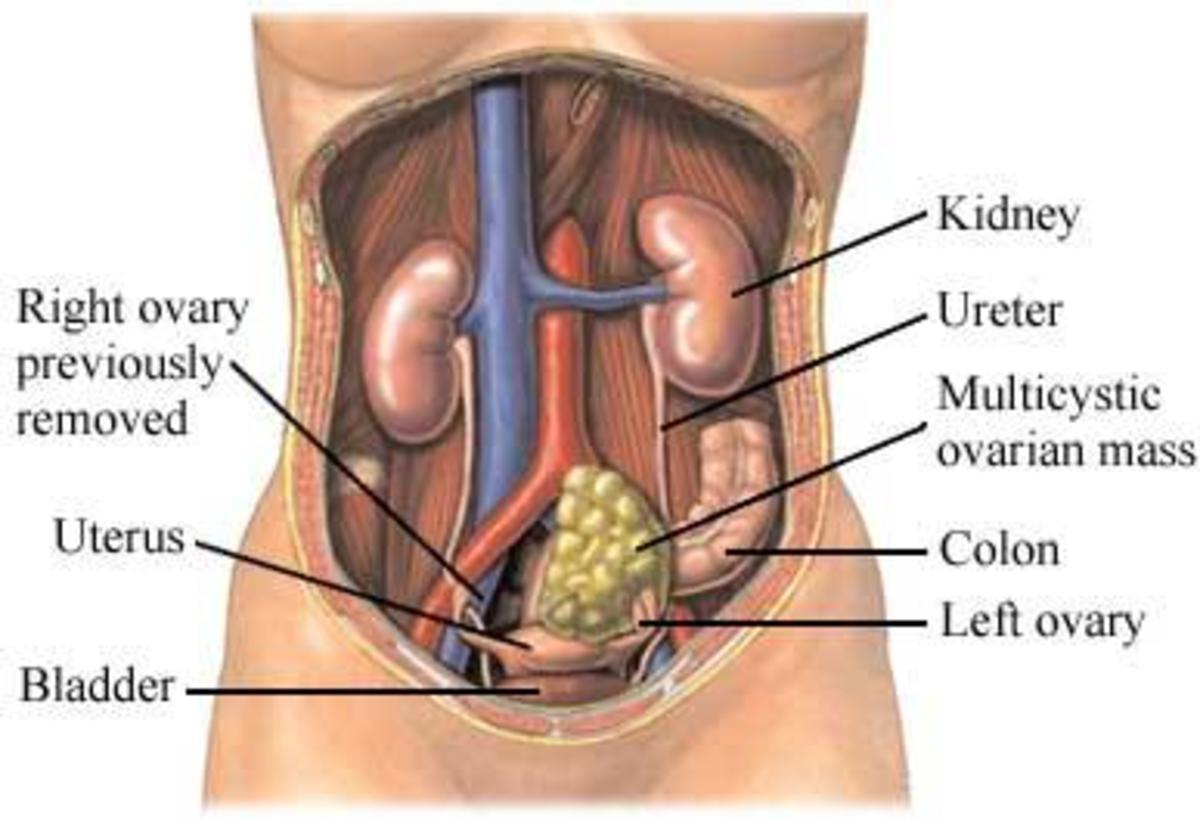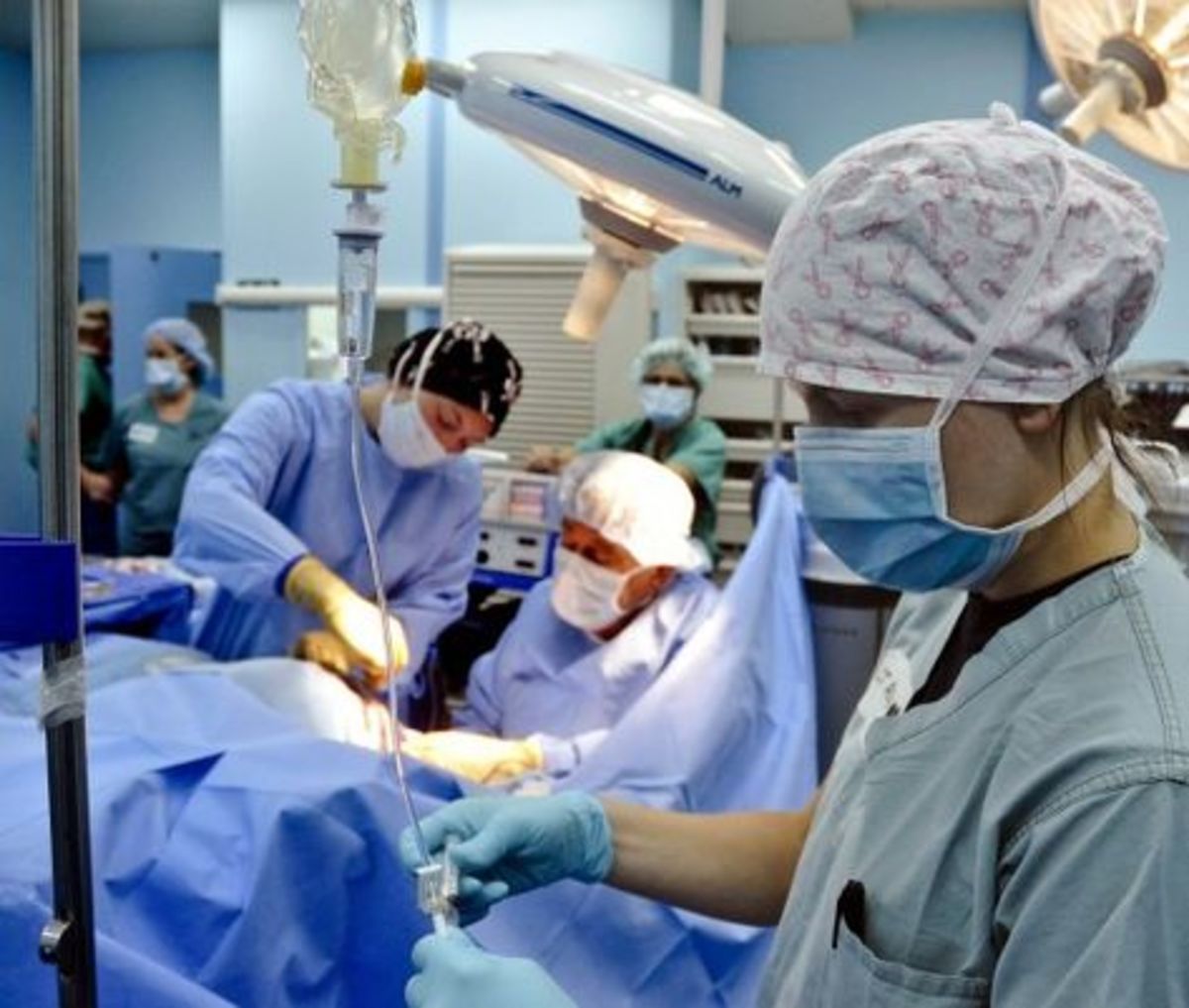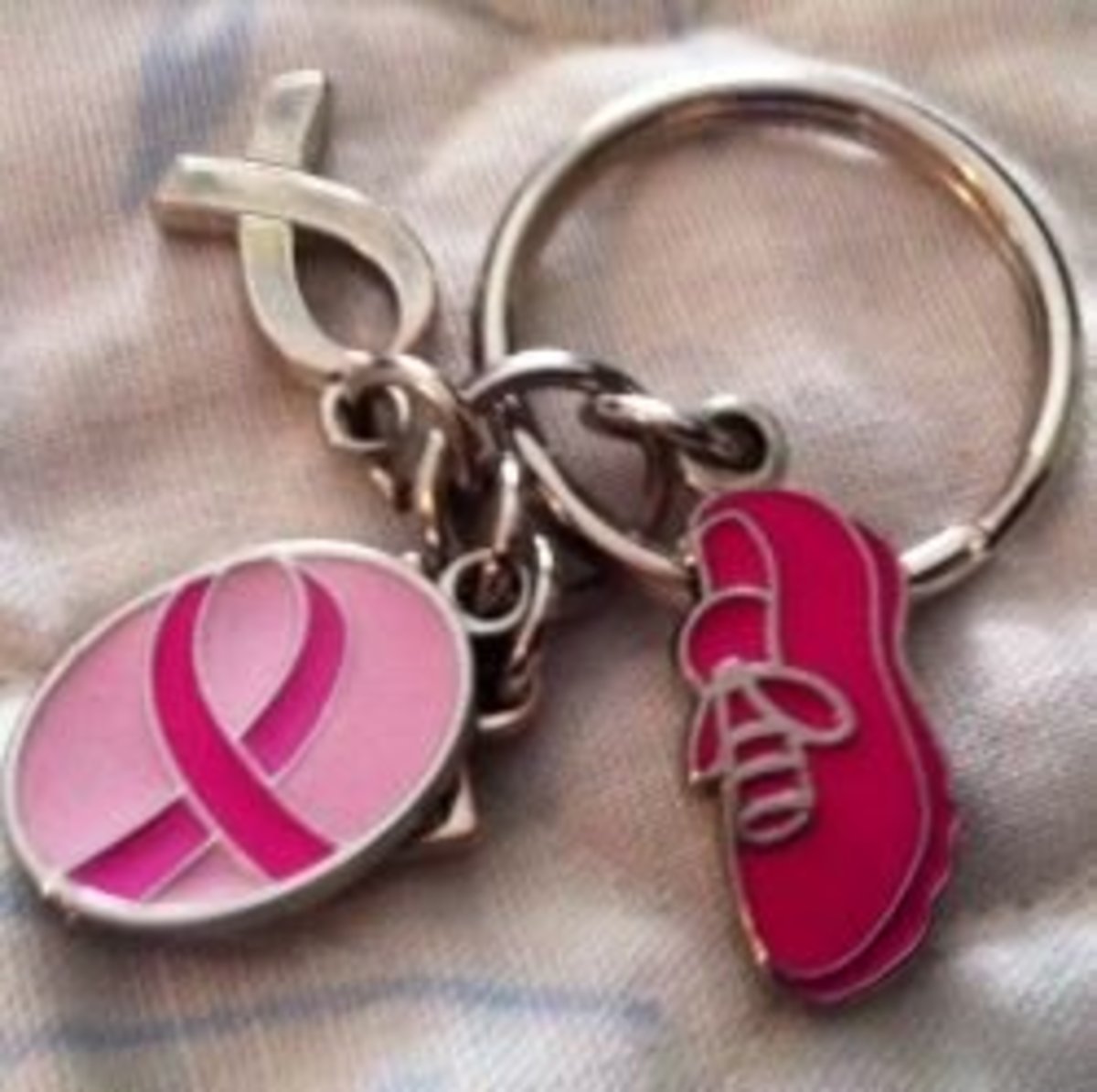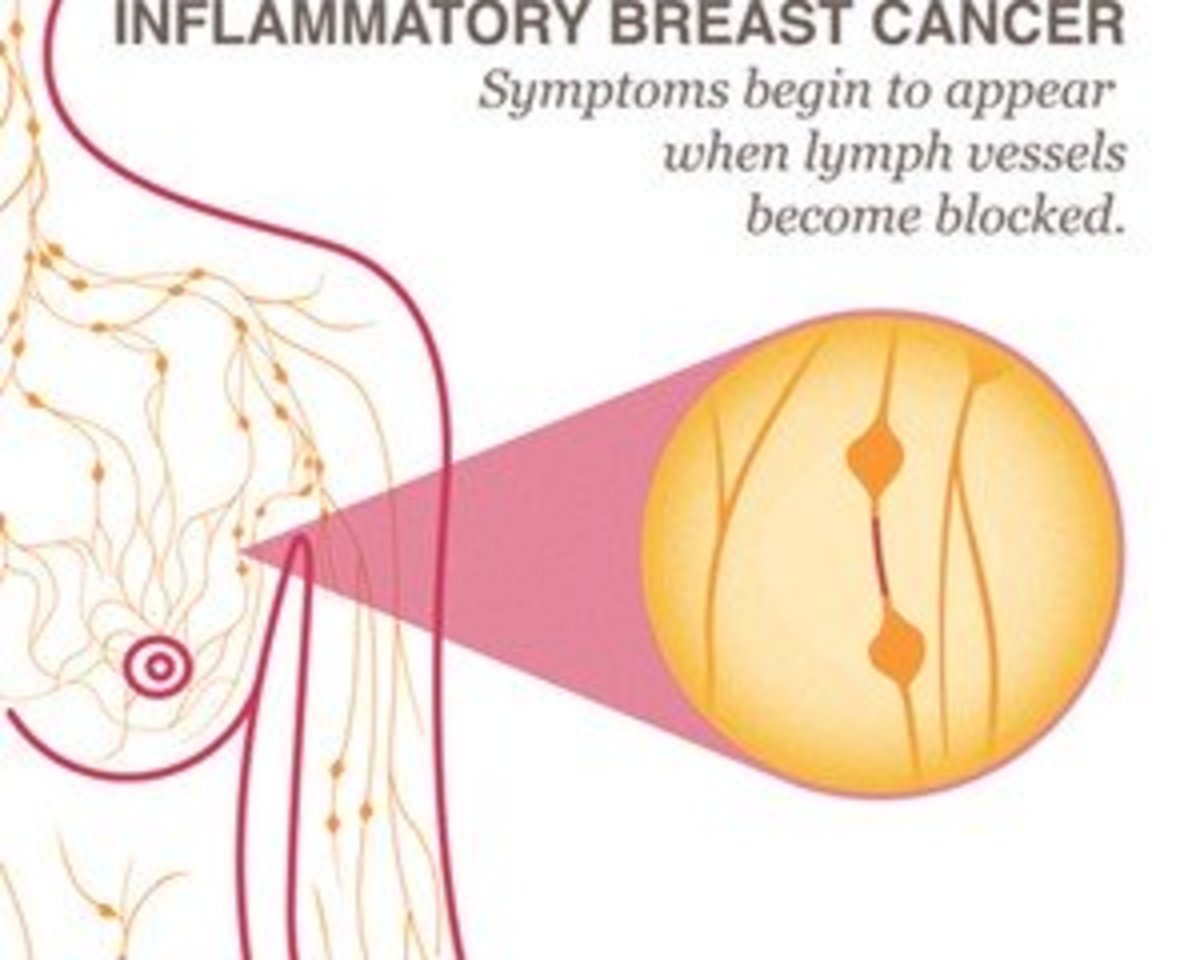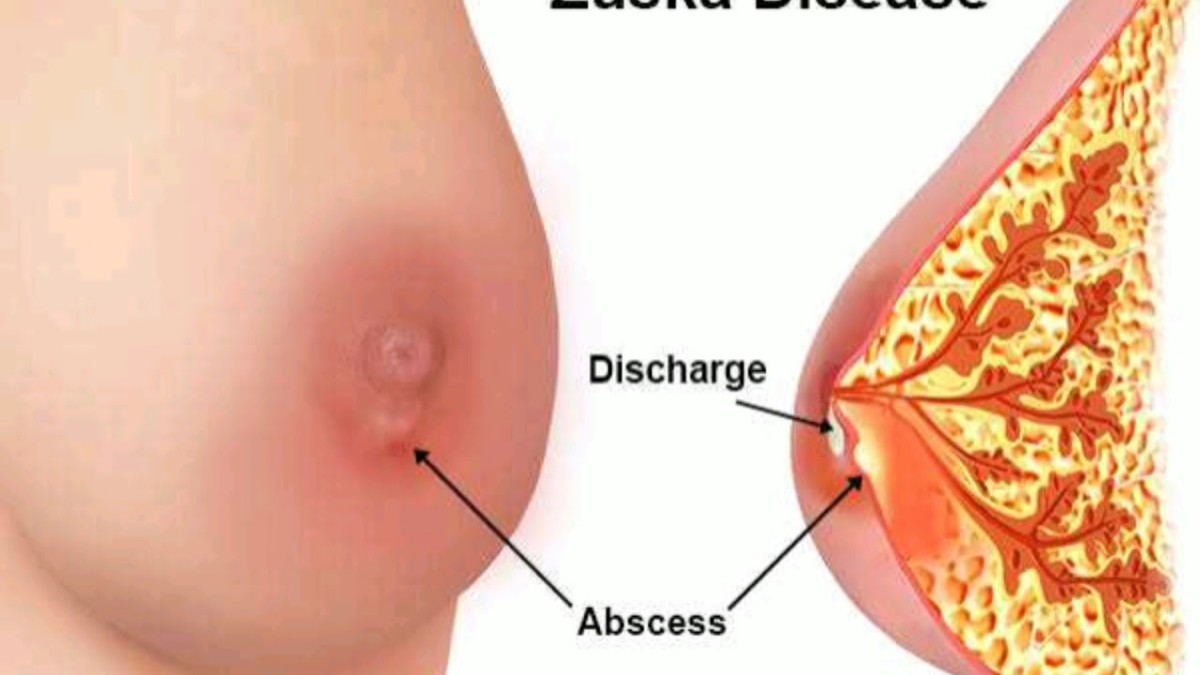Am I At Risk for Breast Cancer?

Could Breast Cancer Run in My Family?
Breast cancer, undoubtedly is a very scary obstacle for anyone to endure. From the moment of diagnosis to the beginning of treatments, many questions may be raised in the mind of the patient and the patient’s family. Not only is the worry of survival for the patient on the table, but the risks of their own children come into play. With advancements in technology and testing, we are now able to pinpoint and aggressively attack cancer much earlier than before. While there are many causes for breast cancer; many of these are still in the dark. This article focuses on a gene mutation that could lead to the unfortunate diagnosis.
What is BRCA1?
To start, everyone, male and female has two BRCA1 genes; one on each chromosome 17. Their job, when normal is to control cell growth and when necessary, cell death. When something goes wrong with this gene, it is said to be mutated, or altered which could eventually lead to the diagnosis of cancer. The gene associated with this mutation is the BRCA1 gene and it is located on chromosome 17q21-q24. BRCA1 is a tumor suppressor that plays a very important role in protecting mammalian cells against genomic instability. This particular type of gene mutation is transmitted in an autosomal dominant pattern in families.
Who is at risk?
In order for a person to develop cancer, both copies of the tumor suppressor gene which they receive from their mother, and father must be mutated or altered. This is why some individuals who have the inherited germline mutation do not develop cancer, because a second mutation did not occur, which would have been necessary to mess up the functions of that gene and begin the process of excessive cell division and tumor formation. The BRCA 1 gene mutation is susceptible to familial breast-ovarian cancer-1 which results from a heterozygous germline mutation.
The BRCA1 gene mutation is associated with a form of inheritable breast cancer. The form of this mutation is associated with the familial factors behind breast and ovarian cancer. The BRCA1 genes are not located on the sex chromosomes, and because of this, mutations can be inherited from both the mother, and/or father’s side of the family.
While hereditary breast cancer triggered by a mutant gene is rare, estimates of hereditary breast cancer ranges between 5 and 27 percent. Children of parents who carry the BRCA1 mutation have a 50 percent chance of inheriting the mutated gene. While inheriting the mutation form of BRCA1 does not guarantee the carrier will develop breast or ovarian cancer, it does increase their risk.
Do males and females carry the BRCA1 gene?
Children who are male and female can inherit the BRCA1 gene mutation. If a male inherits the BRCA1 mutation, not only does his risk of falling ill of cancer increase whether it be male breast cancer, prostate cancer, stomach cancer, laryngeal, and melanoma cancer, he can also pass this gene mutation onto his own children repeating the deadly cycle. This could skip many generations, and pop up several offspring down the line. With advancements in testing, we are now able to understand why families can go for a long period of time without cancer.
What precautions can I take?
While the BRCA1 gene mutation may be overwhelming, there are many benefits of understanding the BRCA1 mutation? Not only does this help someone whose family is stricken with these mutations get a better understanding and a fighting chance to do something about this whether it be a prophylactic double mastectomy which removes the breasts to avoid cancer, or prophylactic oophorectomy which removes the ovaries, to help prevent ovarian cancer. Today, new forms of chemotherapy and radiation are being designed and developed to better treat each person, individually, knowing exactly which strand of cancer they have, this could very well give the patient a fighting chance with better odds than ever before.
How much do you know?
Does the BRCA1 gene mutation run in your family?
© 2012 BriannaGalapir

